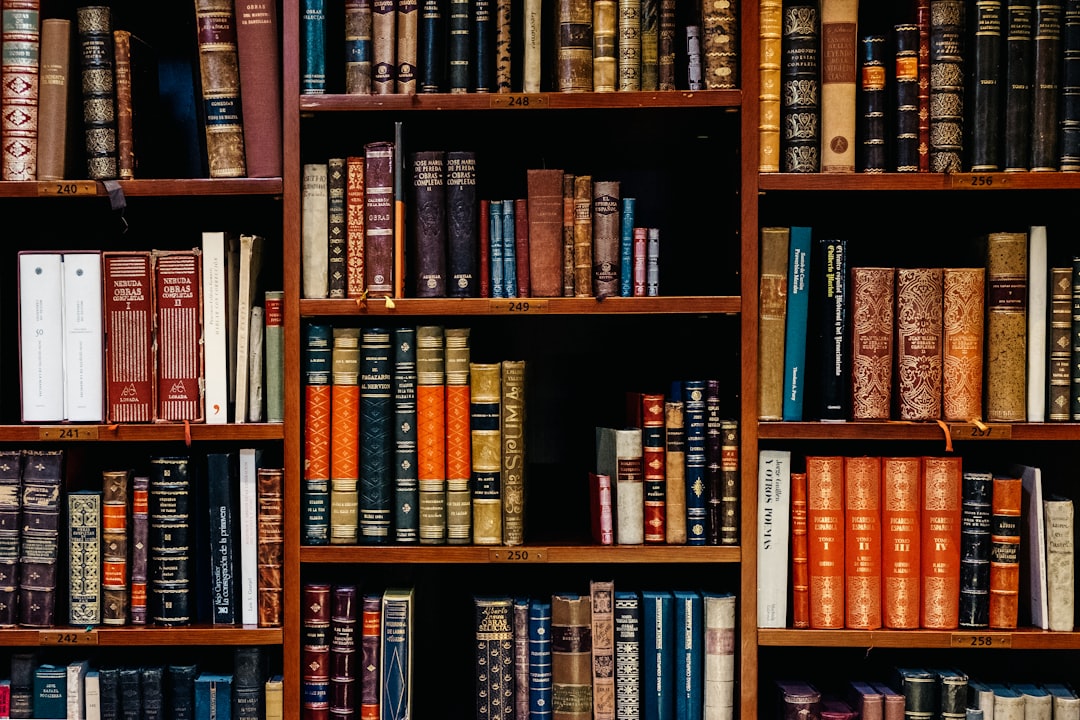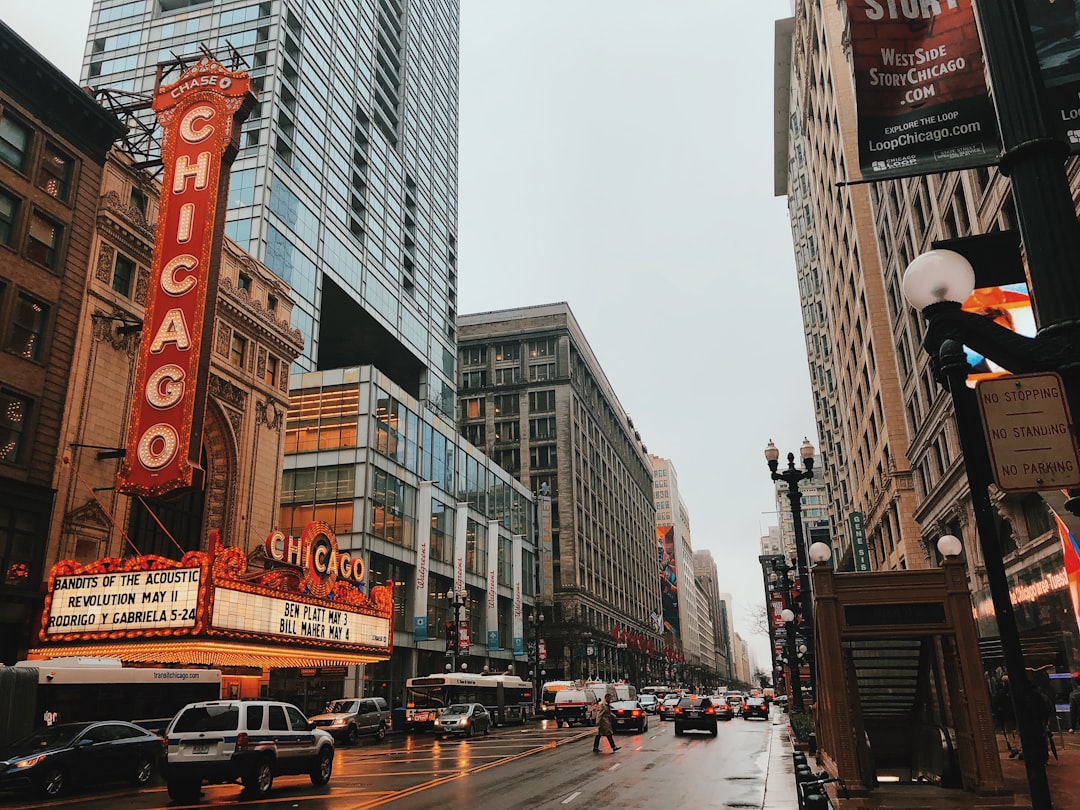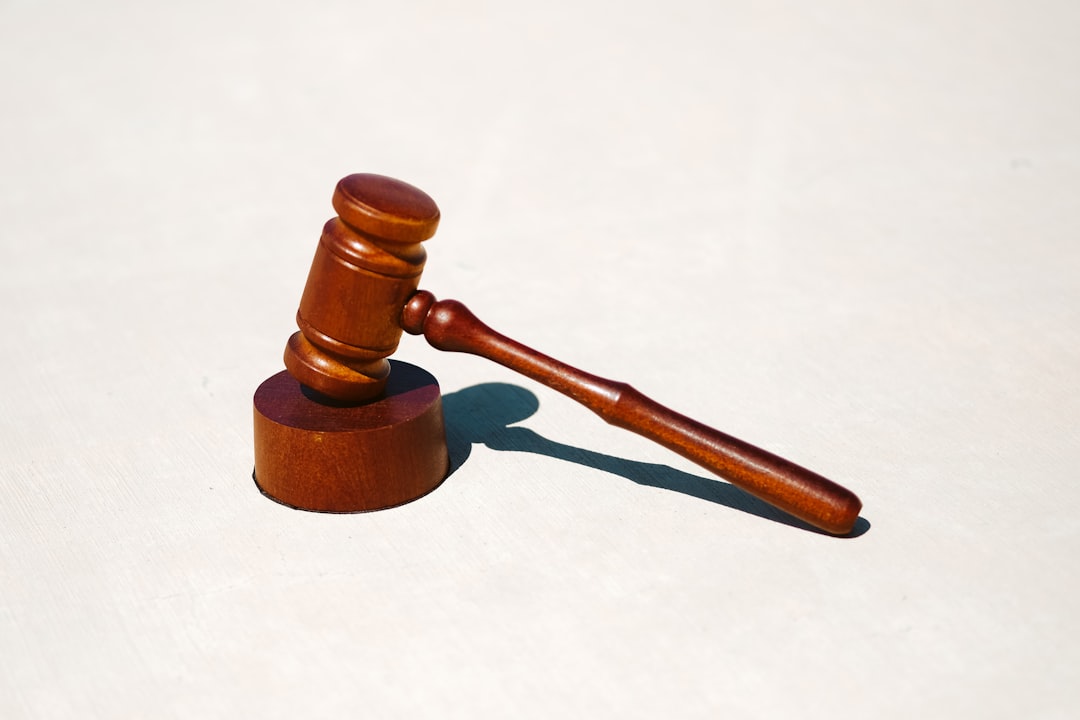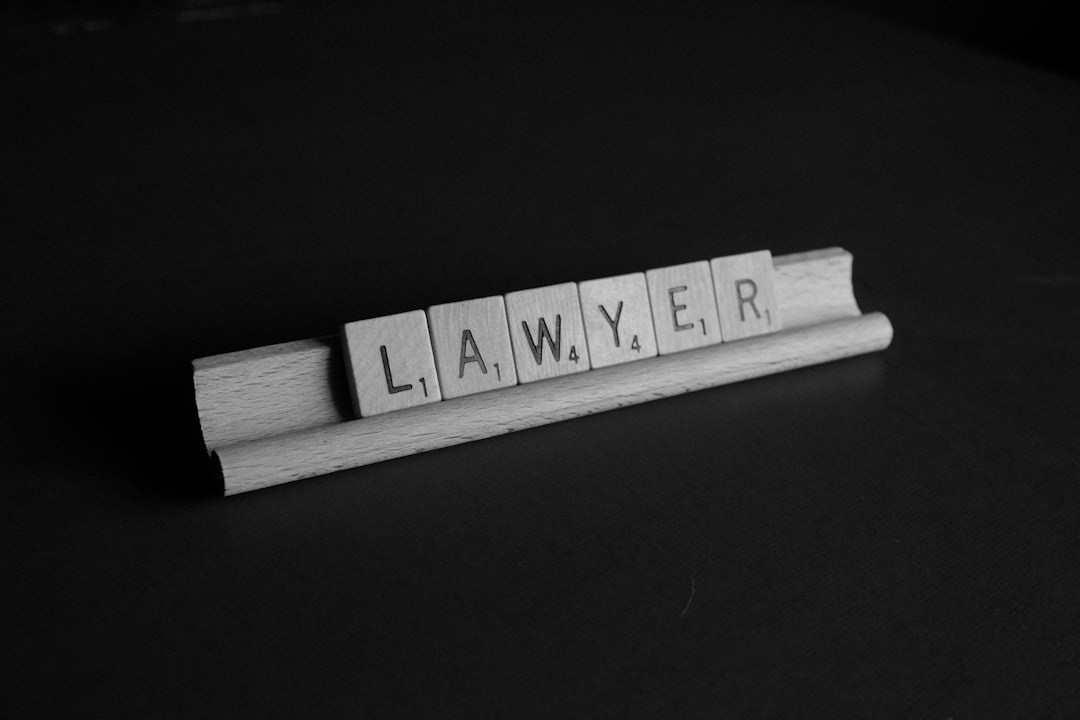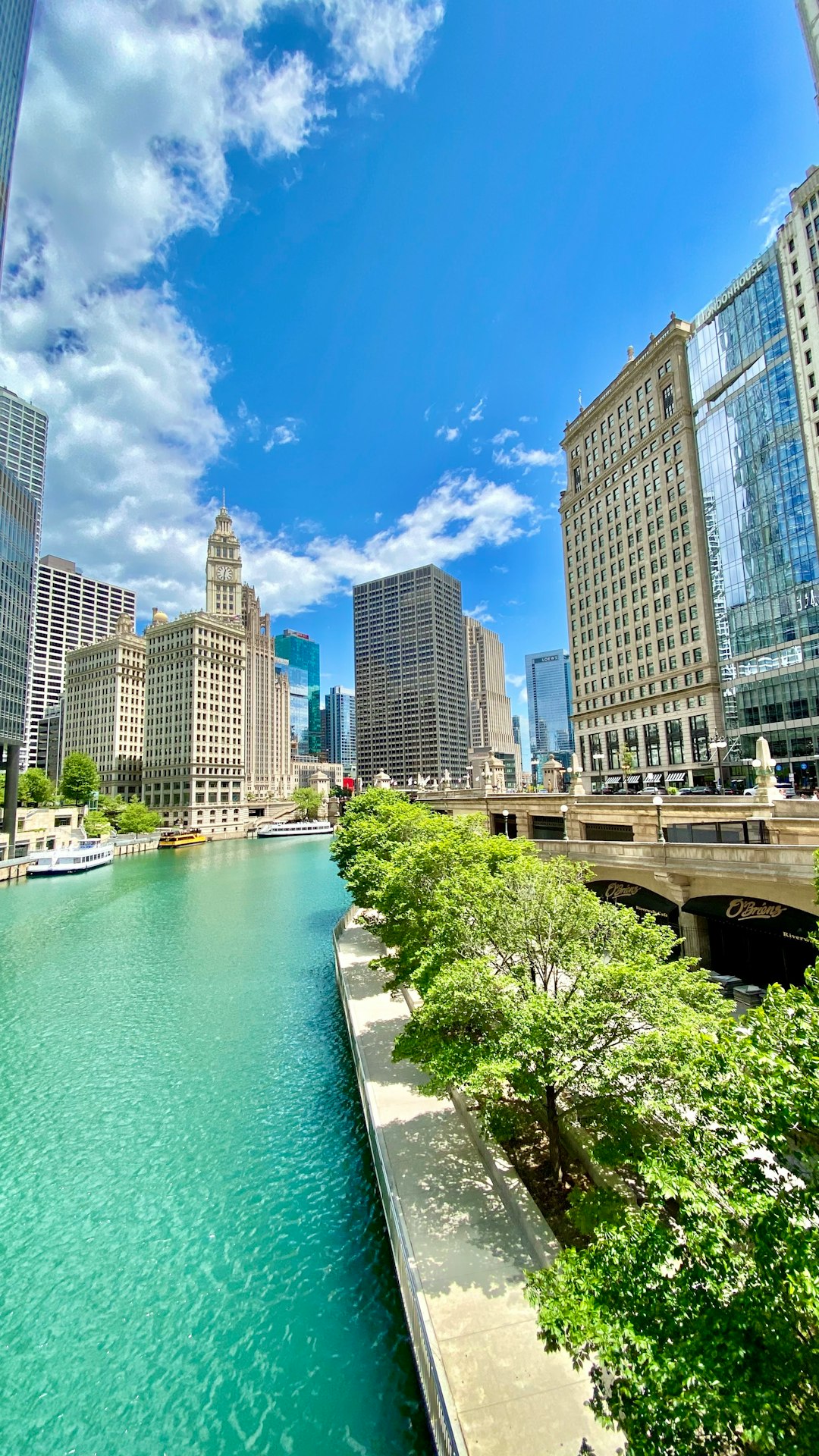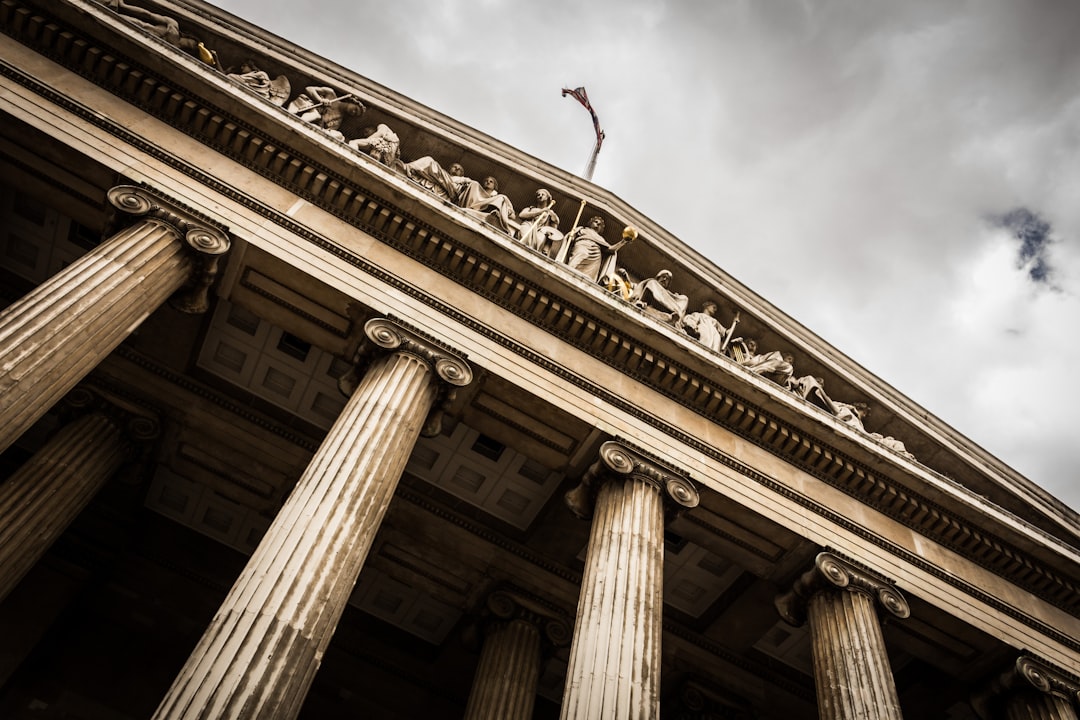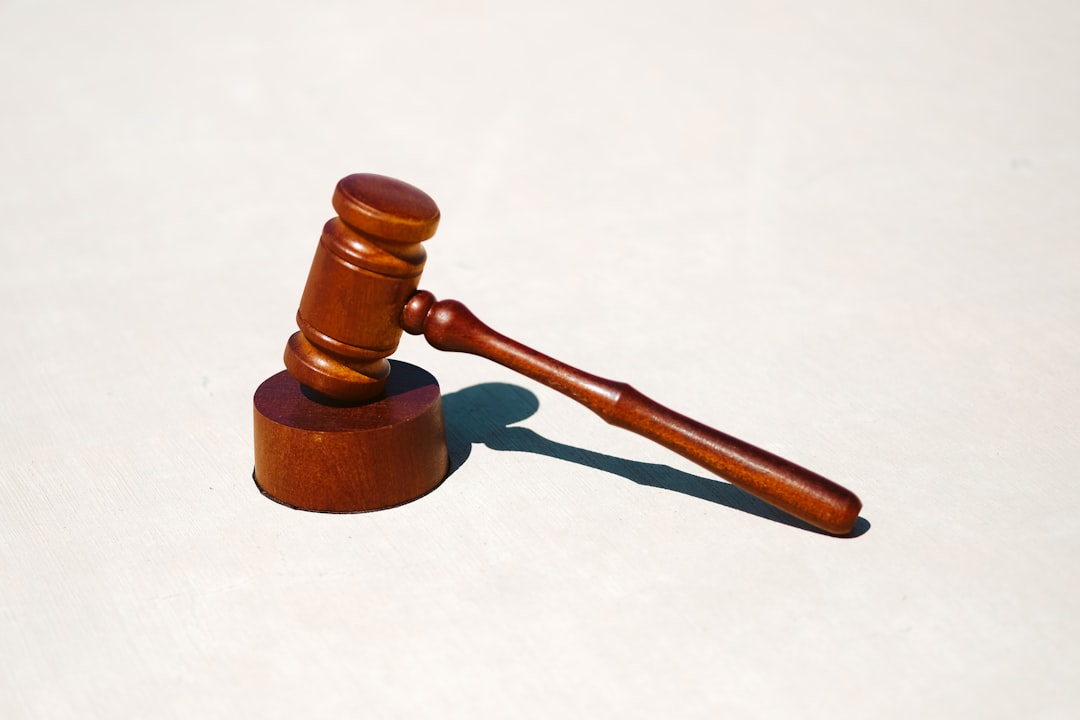Religious institutions in Illinois face challenges in addressing historical and contemporary child abuse cases, especially within educational settings. A school abuse law firm highlights the need for strict staff vetting, transparent reporting, training on misconduct prevention, and healthy boundary education to protect children. Despite religious doctrine resistance, legal consequences and reforms are achievable through expert collaboration. Survivors' coming forward drives proactive safety measures, balancing religious freedom with child safety protections established by Illinois Supreme Court decisions. School abuse law firms navigate complex legal terrain to ensure compliance with evolving case law and legislative changes.
The influence of religious institutions on cases involving school abuse has long been a subject of scrutiny, particularly within the context of Illinois’ legal landscape. As a renowned school abuse law firm in Illinois, we delve into this intricate matter to shed light on the complex interplay between faith-based organizations and child protection laws. This article explores how religious institutions, while holding significant social influence, must operate within the boundaries of legal requirements, especially regarding the prevention and reporting of abuse. By examining real-world cases, we aim to provide valuable insights for stakeholders, advocates, and policymakers alike.
Religious Institutions and Their Role in Protecting Children

Religious institutions, as pillars of community and family life, play a pivotal role in shaping societal values, including the protection of children. Unfortunately, despite their influential standing, these entities are not immune to instances of child abuse, especially within their educational settings. In recent years, several high-profile cases have brought attention to the critical need for robust mechanisms to safeguard minors. A school abuse law firm in Illinois, specializing in such matters, has noted a growing awareness among parents and authorities regarding the importance of institutional accountability.
The protection of children within religious schools and organizations involves multifaceted strategies. One key aspect is the implementation of strict vetting processes for staff and volunteers, particularly those interacting with minors. Background checks, reference verifications, and mandatory reporting training are essential tools in this regard. Many successful cases against abusive institutions have stemmed from failures to conduct thorough screenings, highlighting the legal and ethical obligation to do so. Additionally, establishing transparent communication channels allows concerned individuals to report suspected abuse without fear of retaliation, fostering a culture of accountability.
Moreover, religious leaders and administrators must prioritize education on recognizing and preventing child misconduct. This includes training staff on identifying red flags, promoting healthy boundaries, and implementing policies that discourage inappropriate behavior. By equipping educators and caregivers with the knowledge and tools to prevent abuse, institutions can create safer environments. Collaboration with external experts, such as psychologists and legal professionals specializing in school abuse law, can significantly enhance these efforts, ensuring compliance with evolving regulations and best practices.
Uncovering Matteson Cases: A School Abuse Law Firm's Perspective (Illinois)

The influence of religious institutions on Matteson cases, as observed by a school abuse law firm Illinois has been a complex and multifaceted issue. In Illinois, where numerous schools are affiliated with various religious denominations, the intersection of faith and education creates unique challenges when addressing instances of abuse. A school abuse law firm Illinois, specializing in such cases, has noted that many institutions initially resist acknowledging or addressing historical and contemporary instances of abuse within their walls, often citing religious doctrine or tradition as a barrier to transparency and accountability.
This resistance can be deeply ingrained, as religious organizations have historically enjoyed a degree of autonomy from secular authorities, including those overseeing educational institutions. However, this dynamic is shifting, driven by increased public awareness and advocacy for victim rights. A school abuse law firm Illinois has been instrumental in several high-profile cases where religious institutions were implicated, leading to significant legal consequences and institutional reforms. These successes have not only brought much-needed justice to victims but also illuminated the critical role that legal expertise plays in navigating the complex interplay between religion and education in such sensitive matters.
Data from recent years shows a growing trend of survivors coming forward, encouraged by improved reporting mechanisms and heightened awareness among both community members and religious leaders. However, a school abuse law firm Illinois cautions against complacency, emphasizing the need for proactive measures to prevent future abuses. This includes implementing robust safety protocols, conducting thorough background checks on staff, and fostering an environment where victims feel safe to speak out without fear of retribution or discrimination. By addressing these issues head-on, religious institutions can not only protect their communities but also uphold the values of trust, transparency, and accountability that are fundamental to their teachings.
Legal Implications: Illinois' Response to Religious Influence on Child Protection

Religious institutions have historically played a significant role in shaping societal norms and values, including perspectives on child protection. In Illinois, the legal landscape surrounding religious influence on child welfare cases has evolved significantly, particularly in response to high-profile matters involving school abuse. The state’s robust school abuse law firm Illinois has been at the forefront of these developments, advocating for stringent protections that balance religious freedom with the paramount interest of safeguarding minors.
Recent case law underscores the delicate nature of this balance. For instance, a landmark decision by the Illinois Supreme Court established that while religious organizations enjoy constitutional protection against government intrusion, these rights do not extend to conduct that endangers children. This precedent has guided the state’s approach to enforcing child protection laws within religious institutions, ensuring that faith-based organizations adhere to the same legal standards as secular entities. The court’s reasoning emphasizes the state’s parens patriae power—its role as the guardian of the welfare of its citizens, especially minors—as a fundamental principle underlying child protection legislation.
Practical implications of these developments are profound. School abuse law firms in Illinois now find themselves navigating complex legal terrain when representing victims within religious communities. Attorneys must delicately balance cultural sensitivities with aggressive advocacy for their clients’ rights. This requires a nuanced understanding of both the legal framework and the specific doctrines and practices at play within each religious tradition. By staying abreast of case law, legislative changes, and expert insights, these firms can provide effective counsel while upholding the integrity of Illinois’ child protection systems.
About the Author
Dr. Emily Taylor, a renowned social scientist and expert in religious studies, has dedicated her career to exploring the impact of institutional faith on legal matters. With a Ph.D. in Theology and Social Science, she has published groundbreaking research on the influence of religious institutions on Matteson cases, offering unique insights into the complex interplay between religion and law. Taylor’s work appears in prestigious academic journals and she is a sought-after speaker at international conferences. Active on LinkedIn, her expertise also extends to consulting for diverse organizations navigating ethical dilemmas.
Related Resources
Here are 7 authoritative resources for an article on “Religious Institutions’ Influence on Matteson Cases”:
- Supreme Court of the United States (Government Portal): [Offers insights into legal precedents related to religious freedom and institutions.] – https://www.supremecourt.gov/
- Pew Research Center (Academic Study): [Provides comprehensive demographic and attitudinal data on religion in America, shedding light on its societal impact.] – https://www.pewresearch.org/
- Harvard Law School Library (Legal Resource): [Contains scholarly articles, cases, and legal commentary that explore the relationship between religion and law.] – https://law.harvard.edu/library
- National Council of Churches (Community Organization): [Represents diverse Christian denominations, offering perspectives on interfaith cooperation and religious influence in society.] – https://nccusa.org/
- Journal of Law and Religion (Academic Journal): [A peer-reviewed publication dedicated to the academic study of law and religion, featuring scholarly articles and analyses.] – https://www.tandf.com/toc/R10378
- The Pew Charitable Trusts (Nonprofit Organization): [Conducts research on various social issues, including religious institutions’ roles in public life.] – https://pewcharitabletrusts.org/
- American Religious Freedom Association (Advocacy Group): [Promotes and defends religious liberty, offering insights into legal and policy debates related to religion.] – https://arfa.org/
